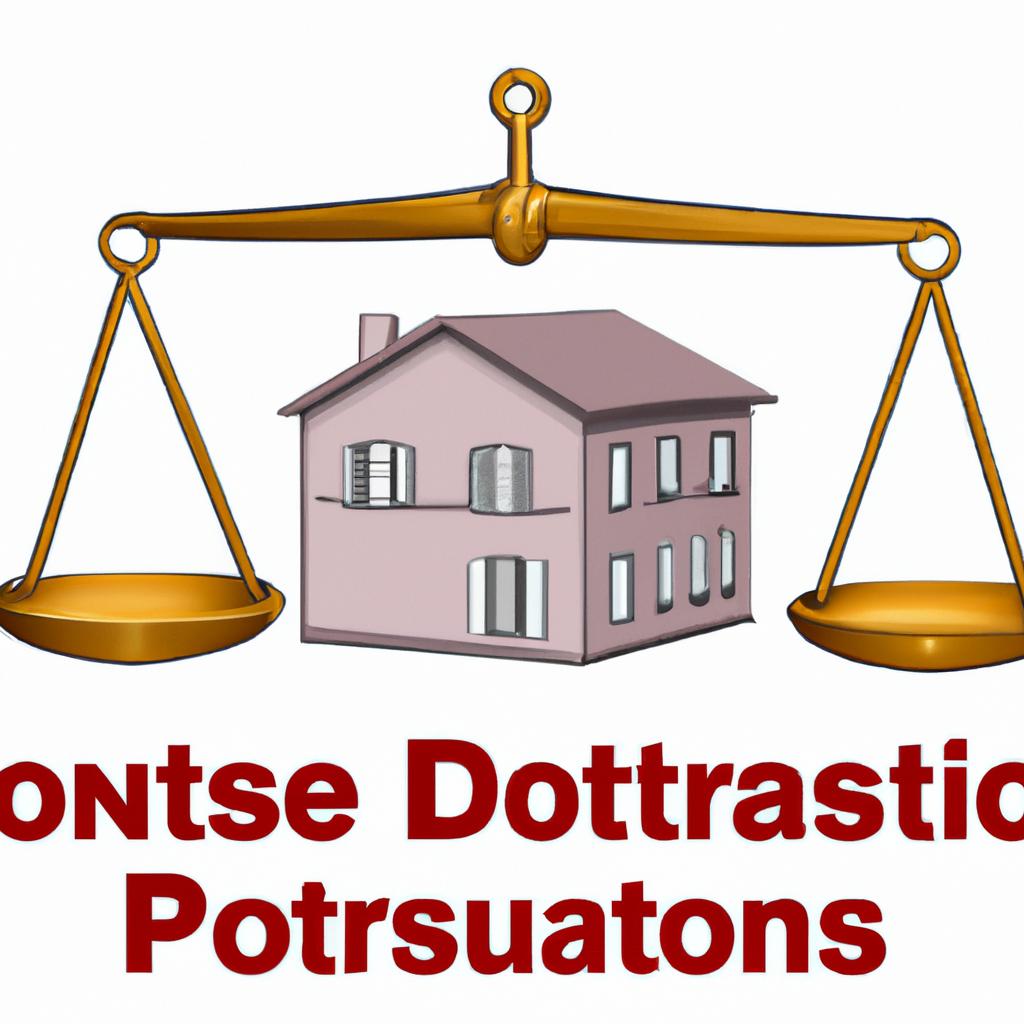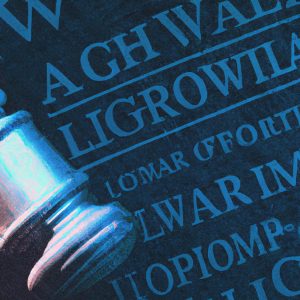When parents pass away, navigating the legal complexities of their estate can be a daunting task for their loved ones. One of the most common questions that arises in these situations is: who gets the house? In the intricate world of estate planning, probate, and trust law, it is crucial to have a clear understanding of the rules and regulations that govern the transfer of property ownership. At Morgan Legal Group in New York City, our experienced attorneys specialize in helping families find answers to this and other pressing estate planning questions. Join us as we explore the nuances of property distribution and ensure that your loved ones’ wishes are carried out with precision and care.
Determining Ownership of the House Upon the Passing of Parents
When parents pass away, determining ownership of the house can be a complex and emotional process. It is essential to understand the legal implications and potential challenges that may arise. Here are some key factors to consider:
- Will or Trust: If the parents have a valid will or trust in place, the ownership of the house will typically be specified in the document. It is crucial to review these legal documents carefully to determine the intended distribution of the property.
- Intestate Succession: If the parents pass away without a will or trust, the laws of intestate succession will dictate how the house is distributed. In New York, intestacy laws prioritize spouses, children, and other close relatives in the inheritance process.

Analyzing the Impact of Wills and Trusts on House Inheritance
When it comes to the passing of parents, the question of who inherits the family house is often at the forefront of many discussions. Wills and trusts play a significant role in determining the distribution of assets, including real estate properties. In the case of a will, the deceased individual outlines their wishes regarding the division of their estate, which may include the family home. Alternatively, trusts can also be established to hold assets, such as the house, for the benefit of designated beneficiaries.
Understanding the implications of wills and trusts on house inheritance is crucial for families navigating the complex process of estate planning. Factors such as the type of ownership structure, creditor protection, and tax implications must be carefully considered. By consulting with experienced estate planning attorneys, like the professionals at Morgan Legal Group in New York City, families can ensure their assets, including the family home, are distributed according to their wishes and in the most beneficial manner.

Understanding State Laws and Probate Process in House Distribution
When a parent passes away, one of the questions that often arises is who will inherit the house. In most cases, the distribution of real estate is governed by state laws and the probate process. It is essential to understand how these laws work to ensure the proper distribution of assets.
- State laws: Each state has its own laws governing how property is distributed after someone passes away. These laws dictate who inherits the property if there is no Will in place.
- Probate process: The probate process is the legal procedure for settling the estate of a deceased person. During probate, the court will determine who inherits the property based on the deceased’s Will or the state’s laws if there is no Will.

Seeking Legal Counsel for Smooth Transition of Homeownership
During the stressful and emotional time following the passing of parents, one of the most pressing concerns is the fate of the family home. When it comes to the question of who gets the house, it is essential to seek legal counsel to navigate the complexities of homeownership transition smoothly. Our team at Morgan Legal Group in New York City specializes in estate planning and probate, ensuring that the process is handled with care and precision.
With our expertise in Wills and trusts, we can provide guidance on inheritance laws and help you understand your rights to the property. By discussing your specific situation with us, we can create a tailored plan to ensure a fair distribution of assets and facilitate a seamless transition of homeownership. Let our experienced team at Morgan Legal Group assist you in preserving your family home and honoring your parents’ legacy.
Q&A
Q: When parents pass away, who gets the house?
A: The distribution of a deceased parent’s house can be a complex process depending on various factors.
Q: What determines who gets the house?
A: The distribution of the house may be determined by the deceased parent’s will, if one exists. If there is no will, state laws on intestacy may dictate how the house is distributed.
Q: Can siblings inherit the house equally?
A: Siblings may be entitled to inherit the house equally if there is no will specifying otherwise. However, disputes among siblings over the inheritance of the house can arise.
Q: Can the surviving spouse inherit the house?
A: In many cases, the surviving spouse may be entitled to inherit the house, especially if the house was owned jointly or if the deceased spouse bequeathed it to them in a will.
Q: What if the house has a mortgage?
A: If the house has a mortgage, the responsibility for paying off the debt may fall on the inheritors. They will need to decide whether to keep the house and continue making payments or sell it to settle the debt.
Q: Are there any tax implications for inheriting a house?
A: Inheriting a house may have tax implications, such as estate taxes or capital gains taxes, depending on the value of the property and how it is transferred. It is advisable to consult with a tax professional for guidance in such cases.
Wrapping Up
In the end, the question of who gets the house when parents pass away can be a complex and emotional one. It is important for families to communicate openly and seek guidance from legal and financial experts to ensure a smooth transition and fair distribution of assets. Remember, the most important thing is to honor the wishes of your loved ones and to handle the situation with compassion and understanding. Thank you for reading and may you find peace and clarity in navigating this difficult process.






